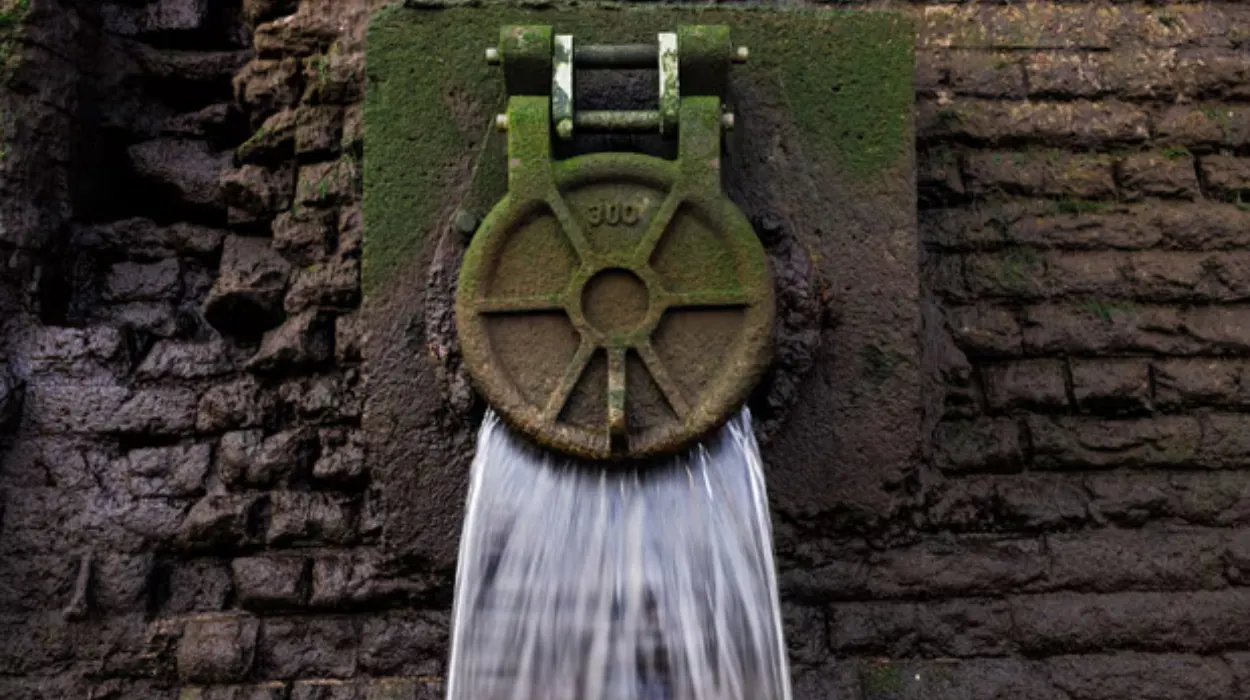London (Parliament Politics Magazine) – The Office for Environmental Protection (OEP) revealed that the government and regulators failed to prevent excessive sewage discharges, raising concerns about environmental harm and public health.
As reported by the BBC, Britain’s environment watchdog found that the government and regulators broke the law by being too soft on water companies to release sewage.
The OEP disclosed that sewage discharges should be allowed only in exceptional events, such as heavy rainfall, but this has not consistently happened.
According to the Office for Environmental Protection, the Environment Department Defra, water regulator Ofwat, and the Environment Agency (EA) were unable to enforce the law on CSO use, lacking proper guidance and permits.
The announcement comes after public anger grows over the poor condition of England’s rivers, lakes, and coastal waters, affected by sewage, farm discharge, and toxic substances.
While campaigners who filed the complaint, acknowledged the findings, they called it a “bittersweet moment.”
Sewage discharges can cause severe diseases like diarrhoea, stomach cramps, and fever in swimmers and can also damage wildlife and ecosystems.
The founder and chair of River Action Charles Watson stated, “The OEP’s findings offer yet another devastating verdict of the total failure of environmental regulation in our country.”
Thames Water, the UK’s biggest water company, is seeking court approval for a £3bn loan to avoid running out of cash, with Ofwat ready to announce its final ruling on bill hikes on Thursday.
WildFish, a conservation charity, accused public bodies of allowing illegal pollution of English rivers by water companies and urged for an end to storm sewage releases.
A notice has been issued to public authorities by the regulator to take the required steps to address the situation, with the warning that legal action could be taken if necessary actions are not taken.
The OEP’s chief regulatory officer, Helen Venn stated,
“The core issue identified in our investigation is the circumstances in which the regulatory system allows untreated sewage discharges to take place.”
She pointed to positive steps taken, such as Defra’s consultation on new guidance, the Environment Agency’s examination of storm overflow permits, and Ofwat’s investigations into water firms.
Overflows at sewage processing plants were not included in the OEP investigation, but the Environment Agency is now examining companies for possible failures.
A spokesperson from Ofwat said in response to the findings that they are actively taking necessary actions to resolve the issues.
Defra stated on Tuesday that it would increase compensation for customers affected by service failures like water interruptions and contamination issues.
It is also reported that if Defra and the Environment Agency (EA) accept the findings fully by the coming March, it could lead to changes in thousands of environmental approvals.
The current government criticized the Conservatives for implementing “catastrophic policies” that had resulted in record levels of sewage contamination in Britain’s lakes, seas, and rivers.
A spokesman from Labour stated that they have taken “decisive” action to place water firms in special measures and give authorities the control to ban bonuses and revive criminal charges.
The Information Commissioner’s Office (ICO), which manages the Freedom of Information and Environmental Information Regulations, has urged water companies to regularly discharge the start and stop times of sewage releases.
Sources from ICO revealed that, to date, only two companies, including Yorkshire Water and South West Water, have pledged to publish monthly reports on sewage discharge timings.


